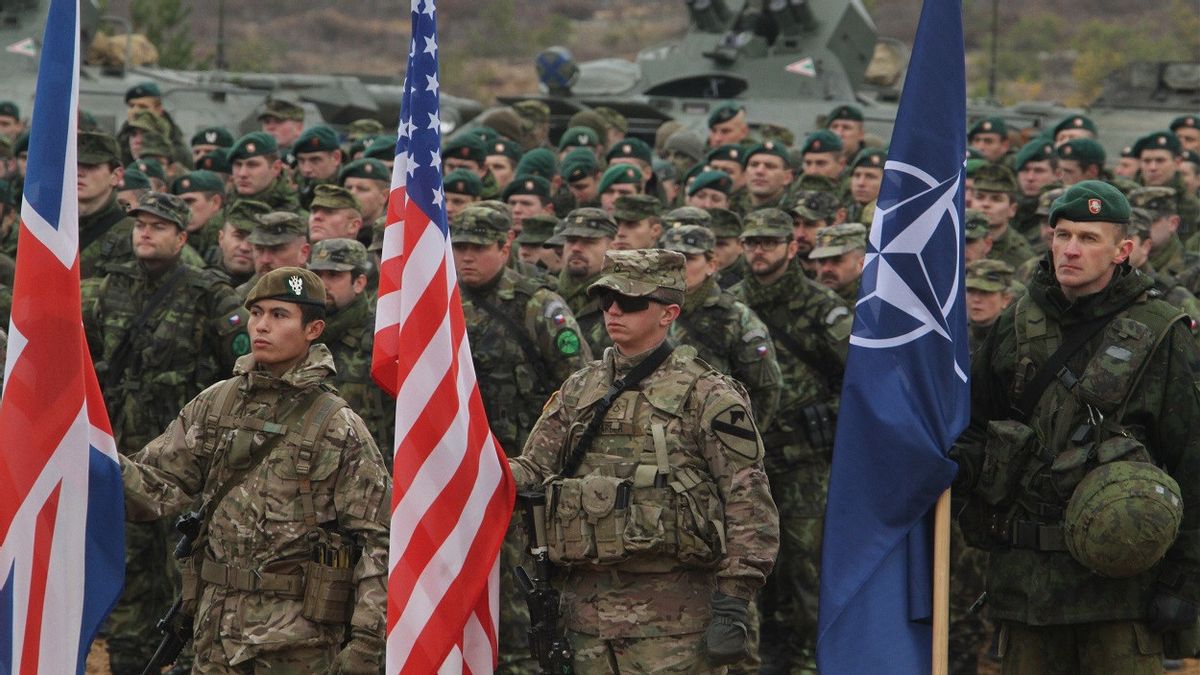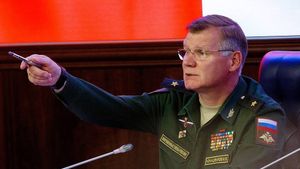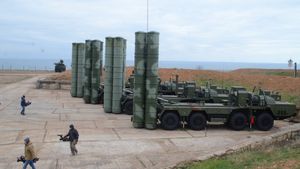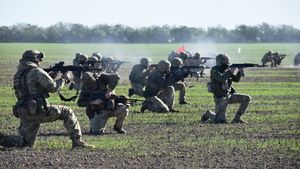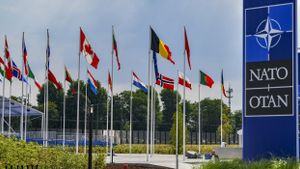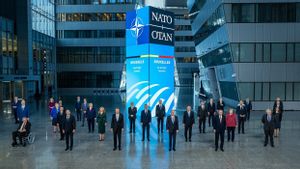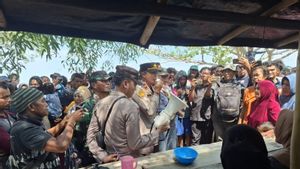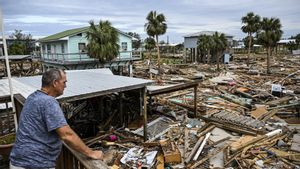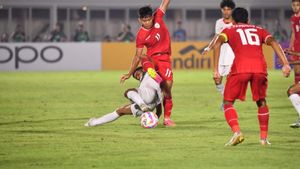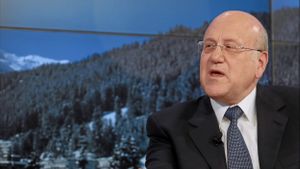JAKARTA - The North Atlantic Treaty Organization (NATO) will not send troops to Ukraine, as that would lead to a full-scale conflict with Russia, NATO Secretary-General Jens Stoltenberg said at a press conference Thursday.
NATO Secretary-General Jens Stoltenberg said his alliance would add four new combat groups, bringing NATO to eight combat groups spread across Eastern Europe, extending from the Baltic Sea to the Black Sea.
However, he reiterated that his party would not deploy troops to Ukraine, preferring not to engage in direct conflict with Russia.
"At the same time, we have a responsibility to ensure that the conflict (in Ukraine) does not become a full-fledged war between NATO and Russia," Stoltenberg said, answering a question about Poland's proposal to send a peacekeeping mission to Ukraine.
"We will not deploy troops on the ground in Ukraine, because the only way to do that is to prepare to engage in full-fledged conflict with Russian forces," he said.
He further said that NATO should also not allow a larger escalation of the conflict in Ukraine, as well as clashes with Russia that would lead to the deployment of alliance troops on Ukrainian territory.
"We are determined to do all we can to support Ukraine, and I welcome the tangible offer of assistance made by allies today," he said.
"At the same time, we have a responsibility to ensure the conflict does not escalate further, because it will become more severe. dangerous and more devastating," Stoltenberg said, stressing the deployment of NATO troops to Ukraine would result in a direct military clash with Russia.
VOIR éGALEMENT:
As previously reported, NATO added four new combat groups in eastern Europe, spread across four countries, to strengthen their military presence in the region, amid Russia's invasion of Ukraine.
"I hope the leaders will agree to strengthen NATO's posture in all domains with a major increase in strength in the eastern part of the alliance, on land, in the air, and at sea. The first step is the deployment of four new NATO combat groups in Bulgaria, Hungary, Romania, and Slovakia. ," Stoltenberg told reporters in Brussels, Belgium, quoted by the Daily Sabah.
He said, with the new battle groups and existing forces in the Baltic states and Poland, NATO would have eight multinational groups along the alliance's eastern flank.
Stoltenberg added that the Ukraine crisis has shown that NATO must reorganize its deterrence and defense posture, in the long term.
The English, Chinese, Japanese, Arabic, and French versions are automatically generated by the AI. So there may still be inaccuracies in translating, please always see Indonesian as our main language. (system supported by DigitalSiber.id)
